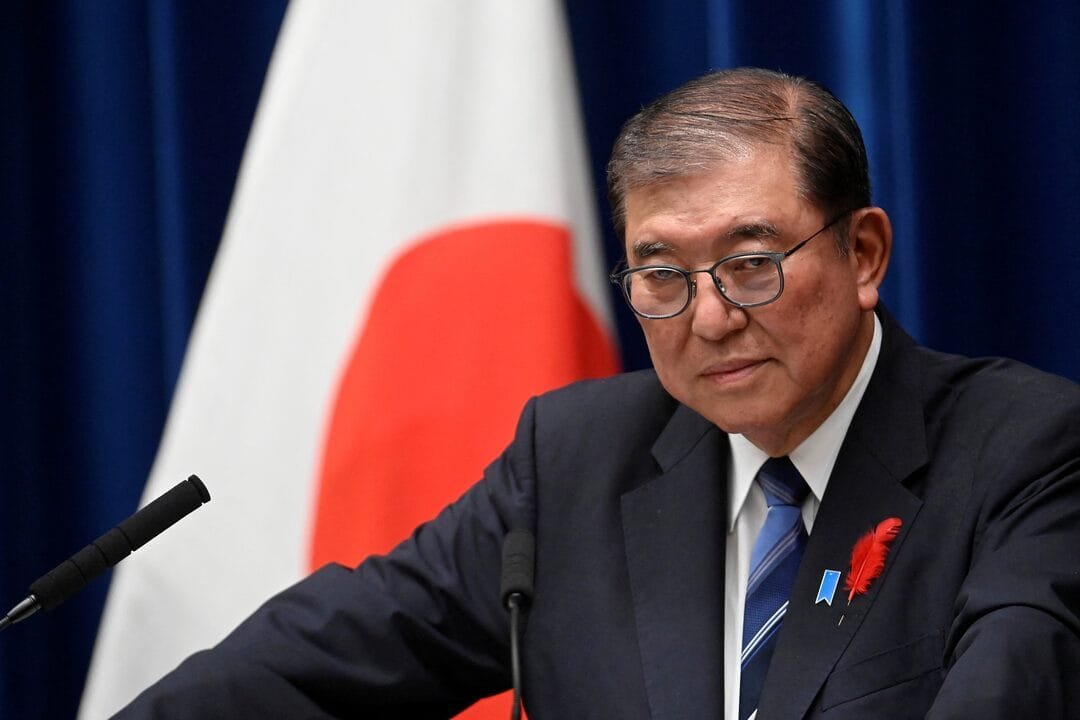Japan’s Prime Minister Shigeru Ishiba announced on September 7, that he would resign as both prime minister and president of the ruling Liberal Democratic Party (LDP), admitting that with his party fractured after crushing election losses, stepping down was the only way to avoid a damaging split. His tumultuous, approximately eleven-month tenure beginning in October 2024, when he narrowly defeated Sanae Takaichi in a surprise party leadership race, ultimately faltered under voter backlash driven by rising living costs and a crumbling party base.
But Ishiba had hung on after the July 2025 upper-house election, in which the LDP lost its long-held majority, choosing to stay in office until sealing a critical trade agreement with the U.S.—a deal that reduced punishing auto tariffs and capped other tariffs at 15 percent. “With Japan having signed the trade agreement and the president having signed the executive order, we have passed a key hurdle,” he said, expressing relief that the deal gave him an “honorable exit”.
Ishiba conceded that the deepening internal party dissent, particularly from right-wing factions and key figures like Agriculture Minister Shinjiro Koizumi and former Prime Minister Yoshihide Suga, gave him little choice but to step aside before a looming vote that could have amounted to a no-confidence motion. He announced an emergency LDP leadership contest to find his successor, pledging to remain in his post until the new leader is chosen, a process expected to conclude by early October.
Speculation now turns to potential successors—including conservative stalwart Sanae Takaichi, moderate and telegenic Shinjiro Koizumi, and Chief Cabinet Secretary Yoshimasa Hayashi—who must navigate governing Japan without a clear majority in either house, raising the specter of further instability or even a snap general election.
Markets have already responded to the uncertainty: concern over political paralysis after his announcement triggered volatility, with the yen weakening and bond yields rising, notably the 30-year government bond yield reaching record highs.





